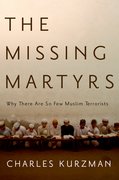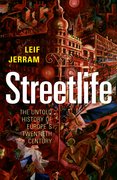Why read Plato?
Plato’s Republic is the central work of the Western world’s most famous philosopher. Essentially an inquiry into morality, Republic also contains crucial arguments and insights into many other areas of philosophy. In these videos Robin Waterfield, editor of the Oxford World’s Classics edition of Republic, explains why we should read it, and what makes Plato so interesting.














